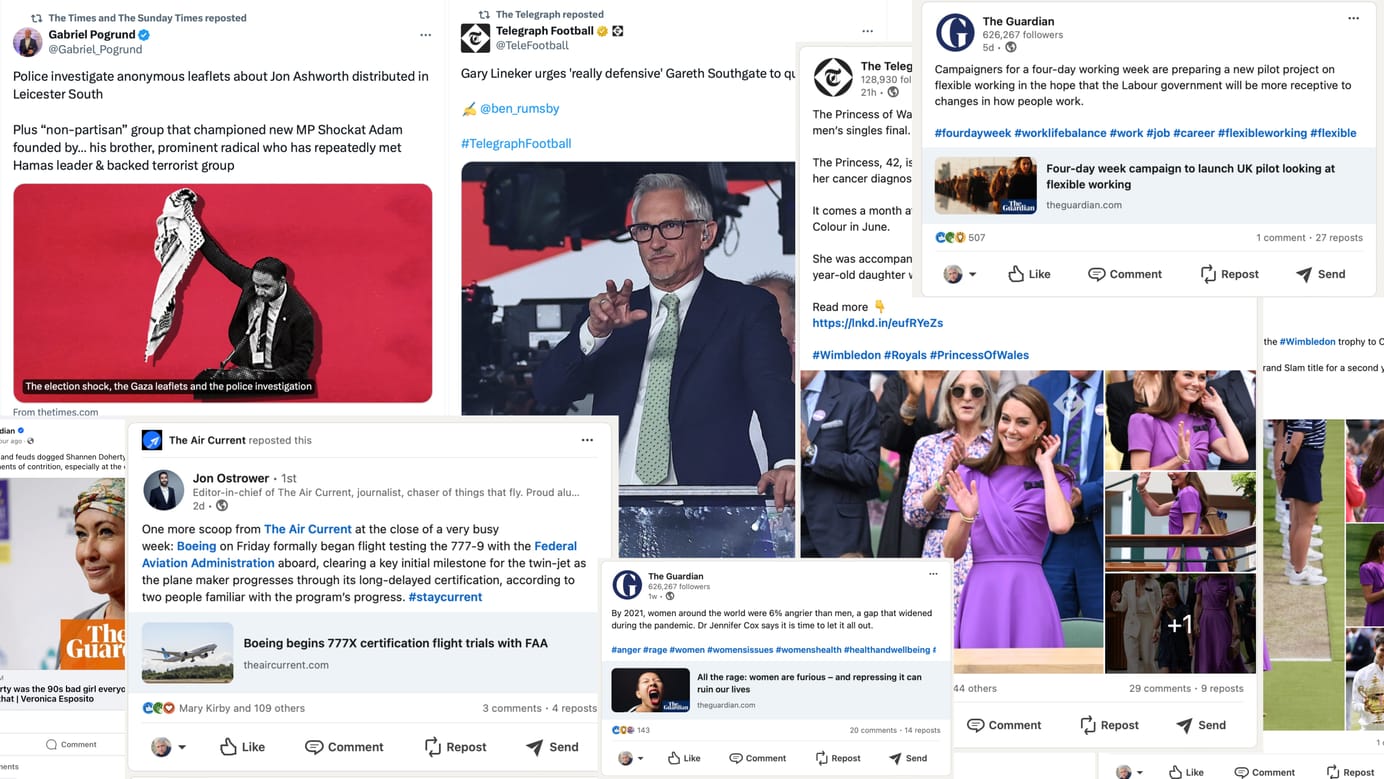
Performative power versus persuasive dialogue on social media
Ezra Klein's latest podcast delves deep into the social complexities of the behaviours lumped under the banner of "cancel culture"
Ezra Klein's latest podcast is one of his best in his post-Vox period. He leads a discussion about the phenomenon of social media “cancellation” with two people who have been through the process. One was cancelled by the right, one by the left. And, despite the nature of the people he's talking to, you don't come out with anything as simplistic as “cancel culture is bad, m'kaaay…?”, but a really interesting delve into both the benefits and downsides of this form of group justice — or retribution — expressed through social media.
One of the delights of podcasts is that, with a good discussion, you get the most obvious points out of the way early on, and then dive into the much more interesting weeds later. For example, here they pass through the rather pedestrian observation that “cancel culture” is a form of mob justice quickly, and then dig into the psychology and effectiveness of the technique in achieving political change.
Performance versus persuasion
In particular, they spend a lot of time examining the roles of performance and persuasion in social media pile-ons. In effect, (and yes, I'm over-simplifying here) once you have reached the pile-on, any attempt to persuade is out of the window; you're just punishing the deviation from the norm, and performing your own virtue, which leads to status within your own political tribe.
Never underestimate humanity's ability to turn anything into an opportunity to display status and power.
One of the more interesting ideas explored is that there's no room on social media to take someone quietly aside, and explore with them why something they've said might be causing problems. That opportunity for dialogue and persuasion is all too quickly lost in the face of the overwhelming power of performative punishment.
Mmm… nuance
It is a podcast full of nuance, which just delights me. I didn't come out with a simple sense of whether this behaviour was good or bad, but a deeper understanding of the dynamics at play, and a set of questions that I want to answer for myself through observation and research.
We sometime focus on journalism as an answer to questions. But it's also worth noting that sometimes the best journalism raises questions you hadn't thought about, too.

An aside
Ezra Klein's podcast is a great example of how difficult it can be to replace a key personality in some forms of media. I tried to be fair to Vox and continue subscribing to the podcast feed that used to be his, before he departed for the NYT but ended up unsubscribing after three or four episodes, because I just wasn't finding the particular exploratory tone I enjoy in his work.
And so, inevitably, I followed him to his NYT feed. Maintaining an audience after a key personality departs is going to be a process of understanding why that product was popular beyond the personality, and then finding a way of delivering that same value with a different personality leading it. Not easy — but not impossible either.
Telegraphing the success of a paywall

Remember all that fuss about The Telegraph considering tying customer acquisition metrics to pay? Well, they're clearly doing something right there:
The milestone of 600,000 paying subscribers was passed in March 2021, with the latest audited figure reaching 603,000 across print and digital as of the end of that month, as certified by PWC.
It seems impossibly long ago that we were talking about whether paywalls would ever work for mainstream news. That question is comprehensively answered now, isn't it?
However, the questions that raises, about how journalism is changed by an audience-supported business model, are only just being properly asked.
Quick Links
- 🎧 Spotify is rolling out its own podcasts subscriptions offer. New revenue sources: good. Fragmentation of podcasting: bad.
- 📰 news:rewired is back next month! You should go (virtually, of course).
- 🧑🏼🍳 Did you know that recipe sites and blogs are a huge battleground? Well, they are…
Plug
We're kicking off another run of my well-received (and deeply researched) newsletter course in July. I'd love you to join us:

And Finally…
Can we please stop marketing journalism as long reads? Length is not a selling point. At least say in-depth or something.
— Isabelle Roughol 🌍 www.borderlinepod.com 🌎 (@iroughol) April 23, 2021
Sign up for e-mail updates
Join the newsletter to receive the latest posts in your inbox.












